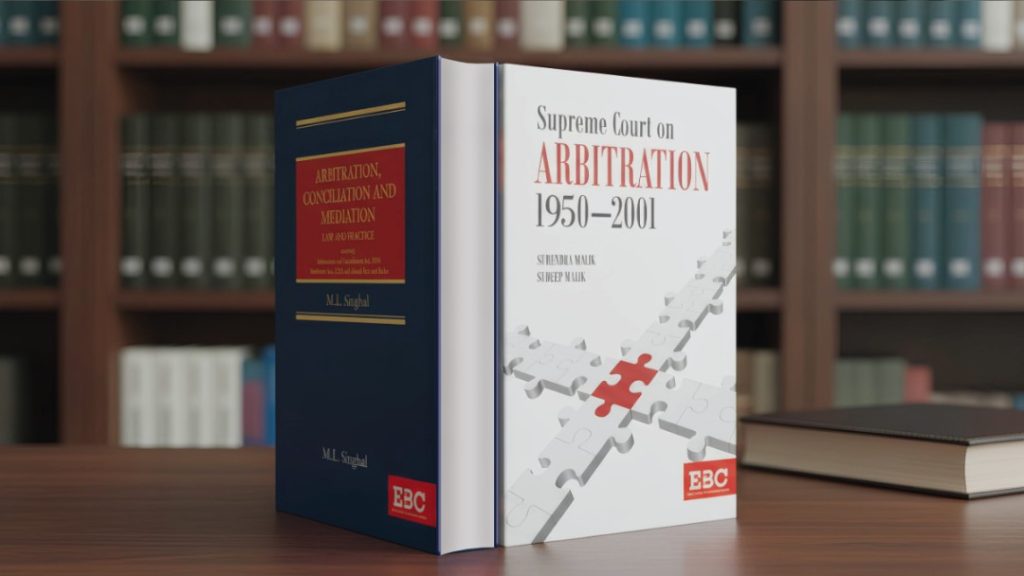
Arbitration is a private dispute resolution process where parties agree to resolve their conflicts outside of traditional courts, before an impartial third party, the arbitrator. Think of it as a more flexible, confidential, and often faster alternative to litigation, tailored by the parties to suit their needs. Unlike court trials, arbitration allows for bespoke procedures, limited appeals, and the possibility of enforcing awards across borders, making it especially popular in business and international contracts.
Key Aspects of Arbitration
1. Party Autonomy
One of arbitration’s biggest draws is that parties decide how the process will run, from how many arbitrators there will be, to which rules apply and where the “seat” or legal jurisdiction of the arbitration will be. This autonomy means that arbitration can be deeply customized, suiting everything from small commercial contracts to complex multi-jurisdictional disputes.
2. Seat vs. Venue
The “seat” of arbitration determines the legal framework that governs the arbitration (like procedural rules and court oversight), while the “venue” is merely the physical location where hearings happen. These two need not be the same, giving parties strategic flexibility.
3. Interim Relief
Even though arbitration is private, courts can still support it. Parties can approach courts for interim measures (like injunctions or asset freezes) to preserve their rights while the arbitration proceeds. This reinforces arbitration’s robustness while retaining some judicial safety net.
4. Award and Finality
Once an arbitrator (or tribunal) issues their decision, the award, it is generally binding, final, and enforceable. Courts have limited power to review an award under certain circumstances (e.g., serious procedural unfairness), but these grounds are typically narrow. This finality makes arbitration a powerful tool for certainty.
5. Enforceability
Thanks to international conventions like the New York Convention, arbitration awards can often be enforced across borders more easily than court judgments. And under the Indian Arbitration and Conciliation Act, 1996, foreign awards can be enforced in India, subject to certain conditions.
When Arbitration May Apply — and When Not
While arbitration is very flexible, not all disputes can be referred to it. Under Section 2(4) of the Indian Arbitration Act, Part I of the Act (which governs domestic arbitration) applies to “arbitration under any other enactment … as if the arbitration were pursuant to an arbitration agreement.” This broadens the reach of the Arbitration Act, but the Supreme Court has also made clear that certain public-interest disputes remain non-arbitrable. In a landmark ruling, the Supreme Court in K. Mangayarkarasi v. N.J. Sundaresan (2025) reaffirmed that even when disputes involve intellectual property rights — like trademark assignment — they may be referred to arbitration, so long as they concern “subordinate rights” and not sovereign functions.
Further Reading for Legal Students & Practitioners
- For deep case-law insight into how India’s top court handles arbitration Supreme Court on Arbitration by Surendra Malik & Sudeep Malik provides an authoritative collection of landmark judgments, trends, and doctrinal developments.
- For a practical guide to arbitration, conciliation, and mediation in Indian and international contexts, Arbitration, Conciliation & Mediation: Law & Practice by M.L. Singhal offers structured explanations, procedural guidance, and comparisons across dispute-resolution mechanisms.
















